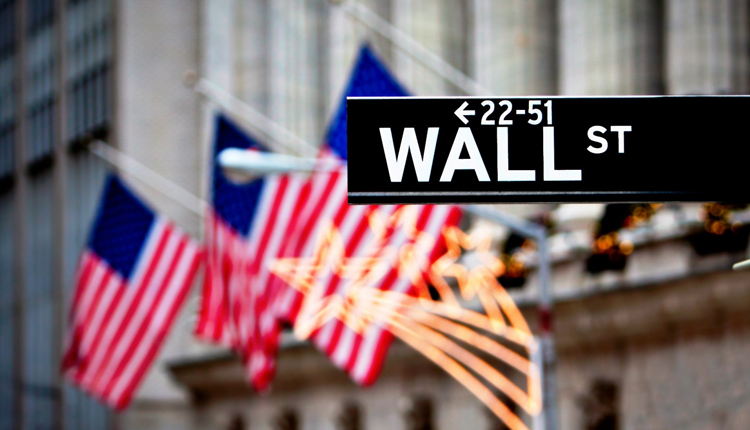Nearly three-quarters of global chief financial officers (CFOs) believe the U.S. economy will remain strong over the next three years, according to a report.
Of the 497 CFOs across 30 countries surveyed by Zurich Insurance Group, EY and the Atlantic Council, 71 percent expected continued improvement in the U.S. business environment over the next three years, while 61 percent “felt confident or extremely confident about investing in the U.S.”
This is despite rising calls for protectionism and the renegotiation of long-established trade arrangements by President Donald Trump’s administration.
A decade after the financial crisis, corporate players cited global economic recovery, domestic tax reform and deregulation as core factors contributing to the strong sentiment gauged in the report, entitled “Borders vs Barriers: Navigating uncertainty in the U.S. business environment.”
The respondents came from all industry sectors in foreign and domestic companies, and roughly half had investments in the U.S.
“A majority — 68 percent — of CFOs say U.S. tax reform will have a positive impact on their bottom line,” the report said.
About half of companies benefiting from tax savings said they would use them to re-invest in plants and equipment, while almost two-thirds of those with U.S. employees said they planned to increase their headcount over the next six months.
Isolationism concerns
But despite their optimism, the investors still had concerns about how U.S. policy could affect their business prospects — particularly any measures that restrict the flow of goods, capital and people. Trump’s motions toward a trade war and crackdown on immigration are among their worries.
Sixty-eight percent of CFOs surveyed expected U.S. protectionism to grow in the next one-to-three years, with “46 percent indicating this growth would negatively impact investment,” the report said.
Sixty-three percent predicted harsher scrutiny of cross-border mergers and acquisitions, and 68 percent expected more restrictive immigration policies, with 42 percent of those predicting these would negatively affect investment.
Zurich’s economic modeling calculated that over the next five years, isolationism could result in a 30 percent drop in trade and a potential cumulative loss of $2 trillion in U.S. gross domestic product (GDP) and 1.7 million American jobs when compared to an “internationalist” market scenario.
“The improved short-term economic outlook appears to be prompting CFOs to be overwhelmingly optimistic,” said George Quinn, group chief financial officer at Zurich. “At the same time, many CFOs doing business in the U.S. have never experienced an economic downturn, and the world is more uncertain due to a number of recent geopolitical events.”
Around two-thirds of CFOs also expected to see an increase in cyber threats to the U.S. and faster rates of innovation in competitor countries.
A rosy outlook, but for how long?
The respondents’ enduring confidence in America’s business environment has been reflected in strong market gains and company earnings in recent months. But others in the business world worry that the booming recovery of the world’s largest economy may not be long-lived.
A recent survey by J.P. Morgan found that 75 percent of ultra-high net worth investors forecast a U.S. recession in the next two years, while some economists warned that U.S. growth would not keep pace with its fast-mounting budget deficit, on track to top $1 trillion by 2020. Even billionaire Microsoft founder Bill Gates said recently that another recession like that of 2008 was “a certainty.”
Still, plenty of market players will tell you there’s no reason for concern and that the economy will continue moving full-speed ahead.
The bottom line is that there is little consensus except that the current picture looks good. America is enjoying its lowest unemployment in 17 years, and the International Monetary Fund (IMF) recently upped its U.S. growth forecast for 2018 to 2.9 percent.
About half of the CFOs surveyed in the report represented firms with over $500 million in yearly revenue, and a quarter made more than $3 billion in revenue.
source: CNBC
